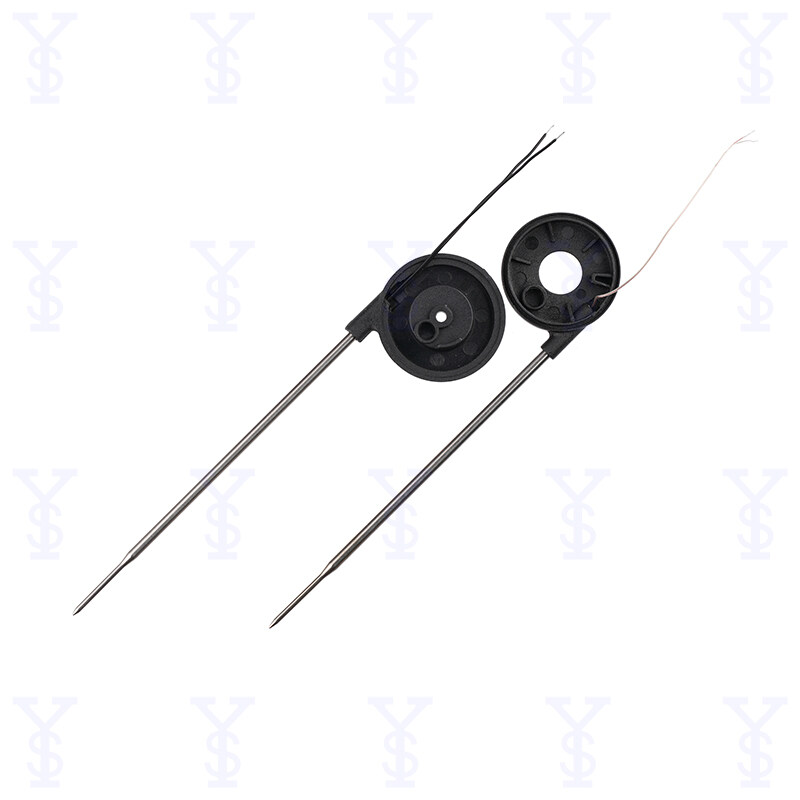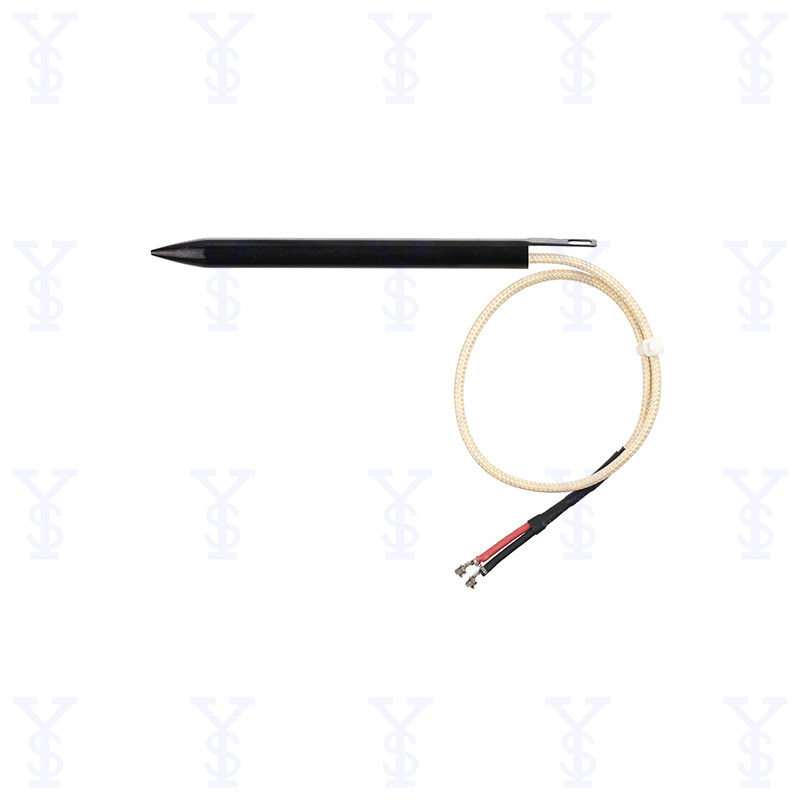Памылка фармату электроннай пошты
emailCannotEmpty
emailDoesExist
pwdLetterLimtTip
inconsistentPwd
pwdLetterLimtTip
inconsistentPwd


Exploring K Type Thermocouple Characteristics: A Comprehensive Overview
K type thermocouples are widely used temperature sensors in various industrial and laboratory applications. Known for their versatility, affordability, and reliability, understanding the characteristics of K type thermocouples is essential for optimizing their performance. In this blog post, we will delve into the key characteristics of K type thermocouples, their applications, advantages, and considerations for effective use.
What is a K Type Thermocouple?
A K type thermocouple consists of two different metals, typically chromel (nickel-chromium alloy) and alumel (nickel-aluminum alloy), joined at one end to create a measuring junction. When this junction experiences a temperature change, it generates a voltage difference proportional to the temperature gradient. This voltage can then be measured and converted into temperature readings.
Key Characteristics of K Type Thermocouples
1. Temperature Range
One of the most notable characteristics of K type thermocouples is their wide temperature range. They can accurately measure temperatures from -200°C to 1260°C (-328°F to 2300°F). This makes them suitable for a variety of applications, from cryogenic environments to high-temperature processes.
2. Sensitivity
K type thermocouples offer good sensitivity, which is the ability to produce a significant voltage change with a small change in temperature. Their sensitivity typically ranges from 41 µV/°C to 69 µV/°C, depending on the temperature range, allowing for precise measurements.
3. Stability and Durability
K type thermocouples are known for their stability and durability. They can withstand harsh environments, including exposure to moisture, dust, and chemicals. This resilience makes them ideal for industrial applications, where reliable performance is crucial.
4. Response Time
The response time of a K type thermocouple is relatively quick, typically in the range of milliseconds. This characteristic allows for rapid temperature measurement and is especially beneficial in processes where temperature changes occur swiftly.
5. Calibration
K type thermocouples are easy to calibrate, making them a preferred choice for many applications. Calibration is essential for ensuring accurate temperature readings, and K type thermocouples maintain consistent performance when calibrated correctly.
Applications of K Type Thermocouples
K type thermocouples are utilized in a wide range of applications, demonstrating their versatility and reliability. Some common applications include:
1. Industrial Processes
In industrial settings, K type thermocouples are frequently used for monitoring and controlling temperatures in furnaces, kilns, and reactors. Their ability to withstand high temperatures makes them indispensable in metallurgy and materials processing.
2. HVAC Systems
K type thermocouples are often employed in heating, ventilation, and air conditioning (HVAC) systems to monitor and control temperatures for optimal performance and energy efficiency.
3. Food Processing
In the food industry, K type thermocouples play a vital role in ensuring food safety by monitoring temperatures during cooking, freezing, and storage processes. Accurate temperature measurement is crucial for compliance with safety regulations.
4. Research and Development
In laboratories, K type thermocouples are widely used in research and development settings for precise temperature measurements in experiments and studies, aiding in various scientific investigations.
Advantages of K Type Thermocouples
K type thermocouples offer several advantages that contribute to their popularity:
1. Cost-Effectiveness
K type thermocouples are relatively inexpensive compared to other temperature sensing devices, making them an economical choice for various applications without compromising quality.
2. Versatility
Their wide temperature range and suitability for diverse applications make K type thermocouples versatile tools for temperature measurement in different environments.
3. Easy Installation
K type thermocouples are straightforward to install and require minimal maintenance, allowing for quick setup and efficient operation.
4. Wide Availability
Due to their popularity, K type thermocouples are widely available from numerous manufacturers, including thermocouple components corporation, ensuring easy access for users.
Considerations for Using K Type Thermocouples
While K type thermocouples offer many advantages, several considerations should be kept in mind to ensure optimal performance:
1. Proper Installation
To achieve accurate measurements, it is essential to install K type thermocouples correctly. Improper installation can lead to inaccurate readings and equipment malfunction.
2. Selection of Materials
When choosing a K type thermocouple, consider the materials used in the construction. The selection of appropriate thermocouple wires and connectors is crucial for maintaining measurement accuracy and reliability.
3. Calibration and Maintenance
Regular calibration and maintenance are necessary to ensure long-term accuracy and reliability of K type thermocouples. Adhering to calibration schedules and checking for wear and tear will help maintain optimal performance.
4. Environmental Factors
Be aware of environmental conditions that may affect the performance of K type thermocouples. Factors such as humidity, chemical exposure, and electromagnetic interference can impact measurement accuracy.
Conclusion
K type thermocouples are invaluable tools for temperature measurement across a wide range of applications. Their key characteristics, including a broad temperature range, sensitivity, stability, and ease of calibration, make them an ideal choice for many industries. By understanding their features and considering important factors during installation and maintenance, users can ensure accurate and reliable temperature readings.
As technology advances, the role of K type thermocouples will continue to evolve, making them even more essential in various fields. Whether you’re monitoring industrial processes, ensuring food safety, or conducting research, K type thermocouples will undoubtedly play a pivotal role in your temperature measurement needs.

